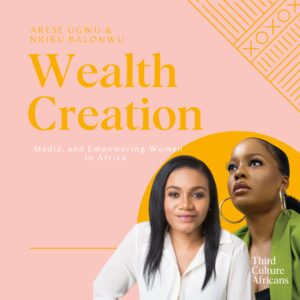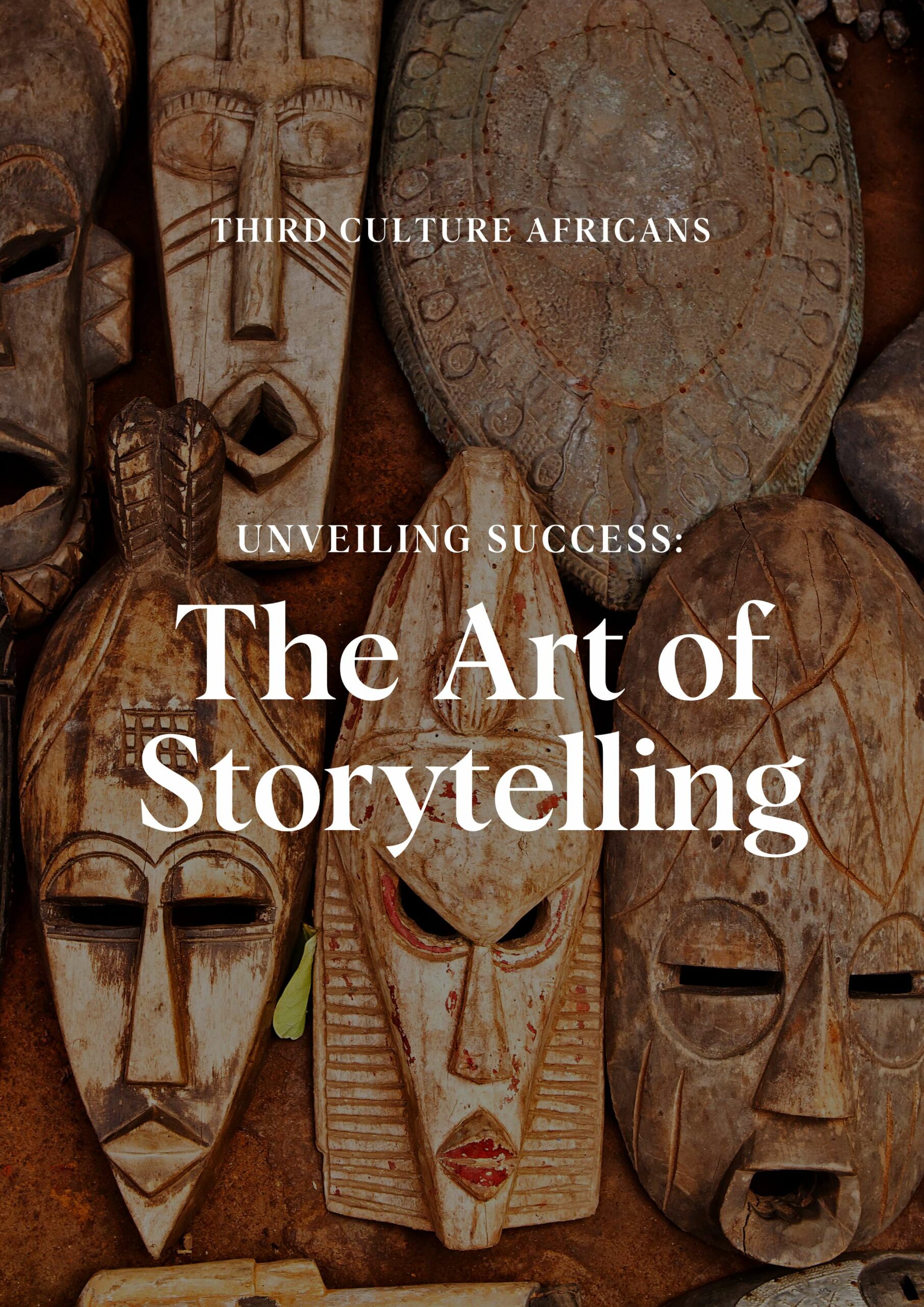Cultural narratives play a pivotal role in shaping collective identities, serving as the foundational stories that societies tell about themselves. These narratives, which encompass myths, legends, traditions, and shared historical experiences, operate as both mirrors and molds for communities, reflecting their values, beliefs, and aspirations while simultaneously influencing their perceptions of self and others. In an increasingly globalized world, where diverse cultures intersect and interact, the significance of these narratives becomes even more pronounced. They not only foster a sense of belonging and continuity within groups but also delineate boundaries that define who is included or excluded from a particular identity. This article explores the intricate relationship between cultural narratives and collective identities, examining how these narratives are constructed, transmitted, and transformed across generations. It also highlights the profound impact of contemporary challenges—such as migration, technological advancement, and social movements—on the evolution of cultural narratives and their role in identity formation. By delving into the mechanisms through which narratives operate, this article aims to illuminate the ways in which they shape individual and collective understanding, fostering both unity and diversity within the tapestry of human experience.
Cultural narratives influence identity formation significantly within diverse communities and societies.
Cultural narratives serve as fundamental frameworks through which individuals within diverse communities construct their identities. These narratives encompass shared stories, traditions, and values that are transmitted across generations, providing a sense of continuity and belonging. As members of a community engage with these narratives, they internalize the collective experiences and symbolisms that reflect their cultural heritage. This process not only fosters a deeper understanding of one’s place within the community but also shapes individual self-concepts, particularly in multicultural societies where multiple narratives may intersect and sometimes conflict.
Moreover, cultural narratives provide a lens through which individuals interpret their experiences and navigate their social realities. They influence perceptions of self and others, framing interactions that reinforce or challenge existing identity constructs. As diverse communities interact, the cross-pollination of cultural narratives can lead to the emergence of hybrid identities, where individuals synthesize elements from various traditions and beliefs. This dynamic interplay enhances the complexity of identity formation, illustrating that identity is not merely a fixed attribute but a fluid construct shaped by the ongoing negotiation of cultural narratives within a social context.
Language serves as both a vessel and a conduit for cultural narratives, enabling the transmission of shared experiences and values across generations.
Collective identities emerge through shared storytelling practices and cultural traditions across generations.
In examining the emergence of collective identities, it becomes evident that shared storytelling practices and cultural traditions play a pivotal role in fostering a sense of unity among individuals within a community. These narratives, often rooted in historical events, folklore, and communal rituals, serve to solidify communal bonds by highlighting common values and experiences. Through the retelling of these stories, individuals not only affirm their connection to their cultural roots but also participate in a dynamic process of identity formation that is responsive to changing social contexts. The act of storytelling, therefore, becomes a vital means of preserving cultural heritage while simultaneously allowing for adaptation and reinterpretation across generations.
Furthermore, the intergenerational transmission of these narratives is crucial in sustaining collective identities over time. Elders often serve as the custodians of cultural wisdom, imparting stories that encapsulate the collective struggles and triumphs of their ancestors. This practice creates a shared historical consciousness that informs contemporary identity and reinforces a collective memory. As newer generations engage with these narratives, they gain insights that shape their understanding of community values, offering a framework through which they can navigate their own identities in a world that is often characterized by diversity and complexity. Consequently, storytelling not only fortifies communal ties but also empowers individuals to contribute to the ongoing narrative of their collective identity.
Narratives serve as frameworks for understanding shared experiences within various cultural contexts.
Cultural narratives function as essential frameworks that facilitate the understanding of shared experiences among individuals within diverse cultural settings. These narratives provide a lens through which individuals interpret their lives and situate their experiences within a broader communal context. By engaging with these stories, individuals gain insight into the values, beliefs, and historical trajectories that shape their identities, fostering a sense of belonging and mutual understanding. As participants in these narrative traditions, individuals navigate their personal and collective identities, reflecting on the ways in which their lived experiences resonate with or diverge from the stories they inherit.
Moreover, the role of cultural narratives extends beyond mere storytelling; they actively influence social cohesion and the construction of meaning within groups. In times of crisis or transition, these narratives offer a shared vocabulary that enables individuals to articulate their feelings and challenges, thereby reinforcing communal ties. By framing experiences through established narrative patterns, individuals not only find solace in their shared struggles but also contribute to the ongoing evolution of their cultural identity. Thus, cultural narratives are not static relics of the past but dynamic tools that shape and reflect the complexities of human experience across different cultural landscapes.
Historical events shape collective narratives, influencing group identity and community cohesion over time.
Through the lens of historical events, collective narratives are crafted and reshaped, serving as pivotal elements in the formation of group identity and community cohesion. Significant occurrences—ranging from wars and revolutions to social movements and cultural milestones—leave indelible marks on collective memory, providing a foundation upon which communities construct their identities. As these events are recounted, they become embedded in the cultural fabric, influencing how individuals perceive themselves and their place within the group. The retelling of these narratives fosters a sense of continuity and purpose, reinforcing bonds among community members while simultaneously distinguishing them from others.
Over time, the interplay between historical events and cultural narratives cultivates a shared sense of belonging that transcends individual experiences. As groups collectively process and interpret their histories, they create a narrative arc that not only honors past struggles and triumphs but also informs present interactions and future aspirations. This dynamic process underscores the importance of maintaining a cohesive narrative that reflects both the challenges faced and the values upheld, thus ensuring that community identity remains resilient amid changing social landscapes. In this way, the legacy of historical events continues to reverberate, shaping the collective consciousness and reinforcing the ties that bind individuals to one another within their communities.

Check Out Our Podcast!
Language plays a crucial role in expressing and preserving cultural narratives and collective identities.
Language serves as both a vessel and a conduit for cultural narratives, enabling the transmission of shared experiences and values across generations. Through storytelling, proverbs, and oral traditions, communities encapsulate their histories, beliefs, and practices, embedding them within the linguistic framework that binds members together. This linguistic expression not only reflects the nuances of individual and collective identities but also facilitates the reinforcement of cultural norms and social hierarchies. As language evolves, so too do the narratives it conveys, adapting to contemporary contexts while retaining core elements that reflect the group’s historical experiences.
Moreover, the preservation of language itself is intrinsically linked to the survival of cultural narratives and identities. When languages are spoken, written, and celebrated, they serve as a means of affirming cultural uniqueness amid globalization and homogenization. Efforts to revitalize endangered languages highlight the urgent need to safeguard these narratives, as loss of language often equates to a loss of cultural memory. Consequently, the interdependence of language, cultural storytelling, and collective identity emphasizes the importance of linguistic diversity as a cornerstone of cultural heritage, providing communities with the tools to articulate their existence and maintain their distinctiveness in an ever-changing world.
Media representations impact cultural narratives, shaping perceptions of identity in contemporary society.
In contemporary society, representations within various media forms play a crucial role in shaping cultural narratives that inform collective perceptions of identity. This complex interplay occurs as media not only reflect existing societal norms but also actively construct and propagate ideals about race, gender, and class. Through selective portrayals and the framing of specific narratives, media outlets can reinforce stereotypes or challenge prevailing notions, thereby influencing how individuals perceive themselves and others. The pervasive reach of digital platforms further amplifies these narratives, allowing for rapid dissemination and often leading to a homogenization of identity perceptions across diverse audiences.
As a result, the narratives crafted by media can significantly impact community cohesion and individual self-conception. When media representations align with or diverge from lived experiences, they can validate or invalidate personal identities, shaping how individuals navigate their social worlds. Furthermore, marginalized groups may find empowerment or disempowerment in their media representation, impacting their agency in both personal and political realms. Consequently, the ongoing evolution of media content necessitates critical engagement and reflection, as it holds the power to either uphold or dismantle the cultural narratives that define and differentiate identities in an increasingly interconnected world.
Interactions between individuals and narratives foster a sense of belonging within cultural groups.
The engagement of individuals with cultural narratives cultivates a profound sense of belonging within their respective groups. This process is facilitated through shared stories, symbols, and traditions that resonate within a community, fostering connections that transcend mere interpersonal relationships. Such narratives serve as a framework through which individuals interpret their experiences and construct their identities, reinforcing their affiliation with the group. By actively participating in the dissemination and reinterpretation of these narratives, members not only affirm common values and historical contexts but also acquire a collective identity that transcends individual differences.
Furthermore, the relational dynamics between individuals and these cultural narratives play a critical role in strengthening group solidarity. When individuals share personal experiences that align with the broader narratives, they contribute to a communal understanding that deepens interpersonal ties. This interaction not only validates individual experiences but also enhances the overall narrative, making it more inclusive and representative of diverse voices within the community. As a result, the interplay between personal stories and shared cultural narratives becomes integral to the formation and maintenance of identity, enabling individuals to find their place within a larger social fabric while fostering a sense of belonging that is essential for cultural continuity.
Analyzing cultural narratives reveals underlying values and beliefs that define collective identities.
The examination of cultural narratives uncovers the fundamental values and beliefs that shape collective identities within various groups. Through storytelling, folklore, and communal rituals, groups articulate their shared experiences, which in turn reflect their moral frameworks, aspirations, and societal norms. These narratives often embody historical events, myths, and symbols that serve as touchstones for members, allowing them to locate themselves within a larger context. By analyzing these narratives, scholars can identify the pervasive themes that resonate across different segments of the community, revealing how collective identity is constructed and maintained over time.
Additionally, cultural narratives function as mechanisms of socialization, transmitting core values and beliefs to successive generations. They provide a lens through which individuals interpret their realities and navigate social landscapes, effectively shaping their perceptions and attitudes. Through this continuous interplay between narrative and identity, groups solidify their cultural heritage and ensure its preservation against external influences. Ultimately, the analysis of these narratives elucidates the intricate ways in which collective identities are forged, sustained, and transformed in response to both internal dynamics and external challenges.
In conclusion, cultural narratives serve as vital frameworks through which collective identities are constructed and negotiated. By examining the interplay between stories, symbols, and shared experiences, it becomes evident that these narratives not only reflect societal values and beliefs but also actively shape individual and group identities. As communities engage with and reinterpret these narratives, they foster a sense of belonging and continuity, while also allowing for the evolution of identity in response to changing social contexts. Therefore, understanding the role of cultural narratives is essential for scholars and practitioners alike, as it reveals the dynamic processes through which identity is formed, maintained, and transformed within diverse populations.


